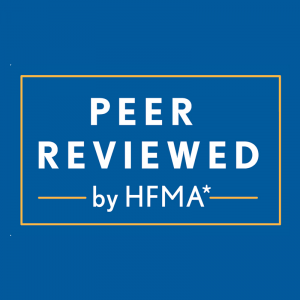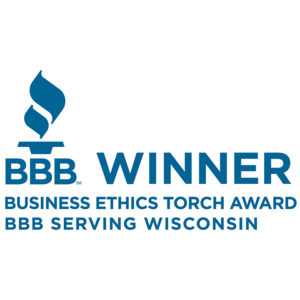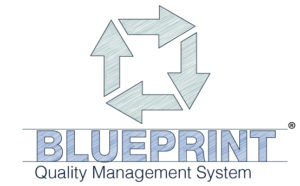It strikes me, and I have mentioned this before, that legislation can be a good thing. It can level the playing field; it can let us all know what is expected of us and what we can expect from others. But, legislation has other, perhaps intended and maybe unintended, consequences. The City of Chicago, for instance, will require the licensing of debt collections. The state of Illinois already requires licensing of collection agencies, although, depending on the state in which the collection agency is located, a collection agency may be exempt from licensing in Illinois. The City of Chicago will have no such exemption it seems. So, will a collection agency that is currently exempt, decide it will obtain an Illinois collection agency license since it will be required to obtain one in the City of Chicago? If they do, they need to expect to spend some time, money and effort doing so. There are forms to complete and, of course, money to pay. These are costs (including the internal, soft costs) the collection agency may not have incurred before. Of course, not only will the agency be licensed in Illinois, they’ll be subject to another layer or regulation. The agency will need to comply with City of Chicago rules, state of Illinois rules and laws, and, of course, federal law, which governs all debt collectors.
Which brings us to the CFPB. When it comes to legislation, the law creating the CFPB is a monster. The CFPB will be the watchdog for all things financial services-related. The intent is to ensure that consumers, which include you and me, are not harmed when dealing with those in the financial services or products industry. Collection agencies are included, but not all collection agencies will be subject to an audit; only those agencies with sufficient revenue derived from financial services. However, all collection agencies can be subject to regulation. The CFPB will be something that all agencies, large or small, involved in financial services or not, will be watching. Most of all, we’ll be watching what our internal costs of complying with the new oversight will be and the time expected to be spent if an audit is to be performed.
And that brings us to the new HIPAA regulations. Thankfully, the regulations address certain open issues, like the definition of “breach,” although the objective standard being touted can leave you a little less comfortable than the interim rule’s more subjective analysis (that’s for a different article, after we’ve all had some time to review the regulations). The new regulations did not provide business associates, like us, much guidance in the application of the “minimum necessary” standard, but at least we all get some time (appears to be September 14, 2014) to revise the business associate agreements we have all spent our time fine tuning over the last two years. So, those of us in the health care arena are all going to be digesting the new regulations and revising our policies and procedures (more internal and external cost).
I am told that novelists, when writing their stories, often find that the character takes charge of the story and that the author is simply along for the ride. As I was writing this legislative piece, I found that the main character, legislation, has, as it always will, taken charge, and we are along for the ride, indeed.
About State Collection Service, Inc.
Since 1949, State Collection Service has provided quality collection service to countless healthcare organizations.
Through experience and innovation, State Collection Service has grown to become a tremendously credible and nationally-recognized collection agency offering services from pre-registration to bad debt. It is upon the basis of ethical behavior and a dedication to integrity that each State Collection Service employee works to uphold the company’s vision – Partnerships for a Lifetime.















